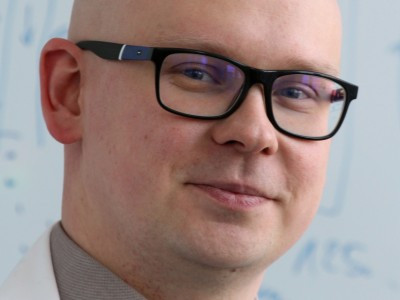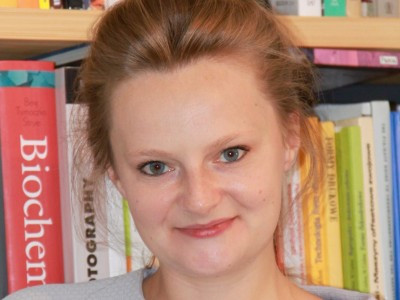PROJECT
The most important problems associated with the use of urological medical devices are injuries of the urinary tract tissues and bacterial infections. The main goal of the project is to develop a coating for urological medical devices, which will be characterized by low friction coefficients with urinary tract tissues and have bactericidal properties. The necessity for developing such a new technology results from the needs defined by urologists and companies manufacturing medical devices. The specific objectives are: 1) To develop a universal coating with low friction coefficients with urinary tract tissues, 2) To develop a coating that prevents urinary tract infections, 3) To evaluate the safety of the developed coatings, and 4) To determine antimicrobial capacity of the developed coatings. The project will combine expertise of the Biomedical Engineering Laboratory headed by Prof Tomasz Ciach at Warsaw University of Technology (WUT), Poland, and the Biocatalysis and Biomaterials Research Group headed by Prof Tukayi Kudanga at Durban University of Technology (DUT), South Africa. The WUT will be responsible for the first two objectives of the project. In the development of a universal coating with stable lubricating properties, versatility of the coating will result from the use of polydopamine (PDA) as the first layer adhering directly to the material of the medical device. This will be followed by creating a lubricious layer that will be attached to the PDA-modified surface and crosslinking of the factors that limit the growth of microorganisms in the coating structure or adding an antibacterial agent that will be released from the coating by diffusion. DUT will be responsible for antimicrobial capacity studies on model microorganisms and safety evaluation (cytotoxicity and mutagenesis studies) of the coatings. We envisage development of universal coatings with applications to products such as urological catheters, ureteral access sheaths and stents.
Project partners:
- Warsaw University of Technology,
- Durban University of Technology (South Africa).







